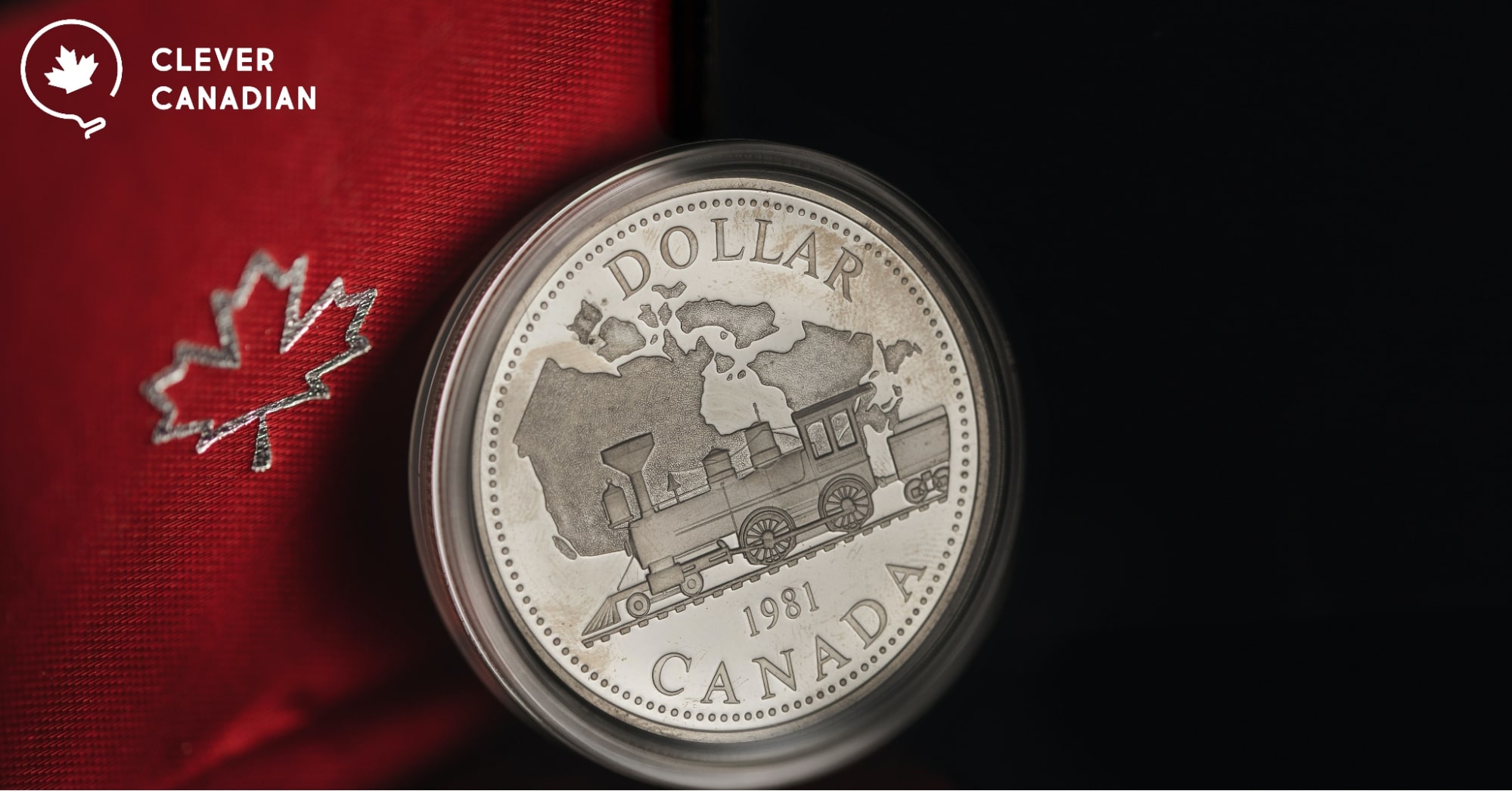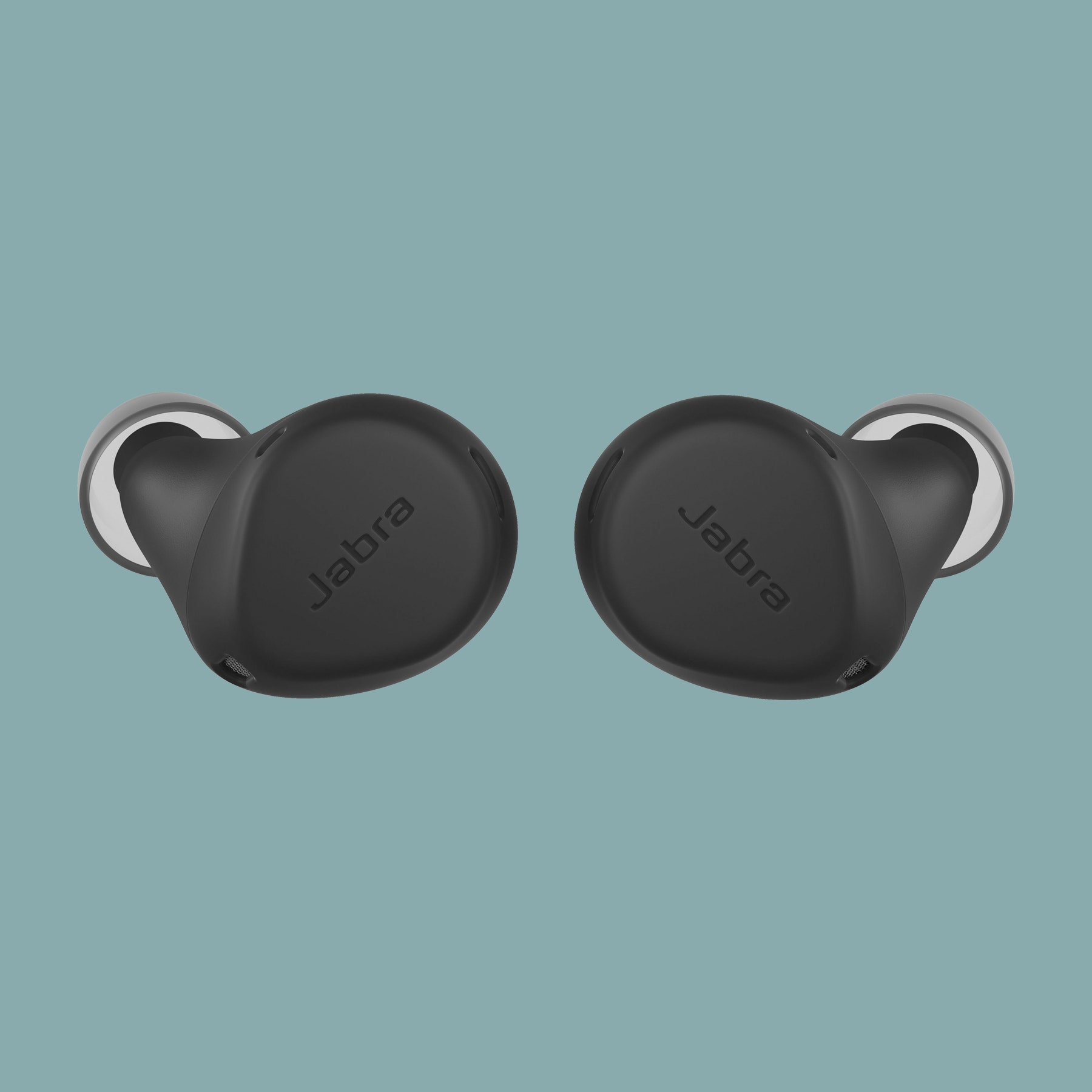Categories > Guides and Tips

The 7 Best Ways to Handle Currency When Travelling to Canada
- Grasp currency exchange rate concepts
- Determine optimal Canadian currency purchase time
- Explore currency exchange alternatives
- Banking and Credit Union Options
- Online Currency Exchange Services
- Airport Currency Exchange Availability
- Use digital payments and credit cards
- Credit Cards
- Digital Wallets and Mobile Apps
- Evade currency-related scams
- Make use of tools and methods to track spending
- Keep emergency cash on hand
Ready to venture into the beautiful wilderness of Canada? Trust us, there’s nothing quite like immersing yourself in the Canadian experience.
But let’s not forget one crucial detail—managing your moolah! Yes, getting the best bang for your buck (quite literally) can be the key to a stress-free journey.
Well, fear no more! We’re here to lend a helping hand with your currency conundrums. Together, we’ll delve into the best tricks of the trade for handling your cash when hitting the Canadian road.
So read on, fellow globetrotter, and arm yourself with the finance savvy for your Canadian adventure!
Grasp currency exchange rate concepts

You see, currency exchange isn’t some “abracadabra” that’ll magically transform your cash into loonies and toonies (that’s Canuck lingo for coins). It’s really about understanding the dynamic, ever-changing world of exchange rates.
Your mission, if you choose to accept it, is to keep an eye on these rates to get a good idea of how much Canadian bang you’ll get for your buck. Plenty of apps and websites can help you track rates and even send alerts when there’s a major shift. Neat, eh?
Local tip: A handy tool to keep in your pocket is the XE Currency app. It provides live exchange rates and even helps in converting prices on the spot.
Determine optimal Canadian currency purchase time

Moving on to our second pit stop, let’s chat about timing. Exchanging your currency when rates are in your favour is like hitting that sweet spot at a buffet where you get maximum deliciousness for your dollar.
Try to buy Canadian dollars when your home currency is strong and the Canadian dollar is weak. It might not always be possible to time it perfectly, but every little bit helps.
Keep those eagle eyes on exchange forecasts, and remember, patience is a virtue. After all, you wouldn’t jump to buy a ticket for a gig without making sure you’re getting the best deal, would you?
Local tip: A cool trick is to buy a small amount of Canadian currency before you fly, then exchange more bit by bit as and when rates improve.
Explore currency exchange alternatives
It’s time to dive into the nitty-gritty of currency exchange. With so many options available, you might feel like you’re lost in a maze, but we’re here to shine a light through the fog.
Banking and Credit Union Options

The good ol’ trusty banks and credit unions can serve as your first port of call for exchanging money. Chances are, your bank might offer decent exchange rates (yay!), but you’ll want to keep a lookout for pesky hidden fees.
So, give your friendly neighbourhood bank a ring, compare rates, and cherry-pick the best option. Just remember, you should strike while the iron is hot, so get on that phone and start dialling!
Local tip: Canadian banks like TD Canada Trust, RBC, or Scotiabank often offer competitive rates—just ensure you check their fee structures!
Online Currency Exchange Services

If you prefer the digital route, online currency exchange services might be right up your alley! They can be a one-stop shop for competitive exchange rates with minimal fees (or, let’s hope so, anyway).
Just whip out your laptop or phone, pop onto their website, and presto—you’ll get your Canadian currency within a few clicks. And the best part?
You can do it from the comfort of your couch and order your currency to be delivered to your doorstep.
Local tip: Online services like KnightsbridgeFX and CurrencyFair offer a seamless online experience—just don’t forget to read the fine print.
Airport Currency Exchange Availability

Who says airports are just for people-watching and savouring overpriced coffee? They can also be your go-to spot for a last-minute currency exchange.
Now, we’re not going to sugarcoat it: airport exchange rates may not be the most wallet-friendly. But if you’re short on time or have one of those classic “Oops, I forgot!” moments, airports can become your financial lifesaver.
Just remember, while exchanging at the airport might be convenient, it could cost you more than other options we’ve explored.
Local tip: Hunt down currency exchange kiosks at airports like ICE (International Currency Exchange) or Travelex, but make sure you compare rates before you commit.
Use digital payments and credit cards
The times have changed, haven’t they? With the rapid rise of digital payments, managing money while you travel can be as easy as tapping your smartphone.
Credit Cards

First up in the digital line-up: the mighty credit card. Flexible, widely accepted, and often giving you great exchange rates, credit cards can be your trusty companion throughout Canada.
Plus, many cards also offer points or cash back, and who doesn’t love rewards?
Local tip: Carry a credit card like Visa or MasterCard, which are widely accepted in Canada. Check with your bank about the foreign transaction fees to avoid any unwanted surprises!
Digital Wallets and Mobile Apps

Thanks to the magic of digital wallets and mobile apps—think PayPal, Apple Pay, or Google Pay—paying for things in Canada is as easy as taking a selfie.
Digital wallets not only give you the convenience of tap-and-go payments, but they can also protect your account details with layers of security, giving you some much-needed peace of mind.
However, do make sure your preferred app is widely accepted in Canada before you rely too heavily on it.
Local tip: In Canada, Apple Pay and Google Pay are widely accepted. So tap away, but remember to keep an eye on your spending!
Evade currency-related scams

As the age-old saying goes, “When there’s money, there are scams.” Let’s arm you with the knowledge to fend off those devious tricksters that could catch you in their currency con web.
We’ve all seen them—those currency exchange kiosks nestled in tourist hotspots, luring unsuspecting travellers with the promise of a “great” deal. While many exchange kiosks are legit, some might be more sinister than they appear.
To dodge these deceptive traps, always compare rates (remember that handy XE Currency app we mentioned?) and make sure to read the fine print.
Also, familiarise yourself with the security features of Canadian currency so you can easily spot fake money.
Local tip: In Canada, better-known and regulated currency exchange bureaus like ICE (International Currency Exchange) often have transparent rates, but don’t forget to have a peek at their fees!
Make use of tools and methods to track spending

All hail the almighty smartphone! In the world of travel and currency, your phone can be a game changer.
Equip yourself with budgeting and spending tracking apps like Mint, YNAB, or PocketGuard, and you’re ready to rock and roll in Canada. You can also use spreadsheets and templates.
With some Google Sheets or Excel magic, you can create the ultimate budget command centre-right-on-your-device.
Local tip: Choose a budgeting app or template that supports Canadian banks for seamless syncing and expense tracking.
Keep emergency cash on hand

Having emergency cash is like carrying a Canadian superhero’s shield. Imagine you’ve stumbled upon an amazing farmer’s market that doesn’t take cards and has no ATM in sight.
Kind of a bummer, eh? In these scenarios, that little stash of Canadian dollars could be your lifesaver.
Furthermore, most remote areas in Canada might not be friendly toward card transactions. In these situations, your cash reserve is like the utility belt Batman can’t do without.
Trust me, you don’t want to be stuck in the middle of the Canadian Rockies with an empty fuel tank and a wallet full of useless plastic.
Local tip: Remember, in remote or rural places in Canada, local small businesses may prefer cash due to high card transaction fees.






